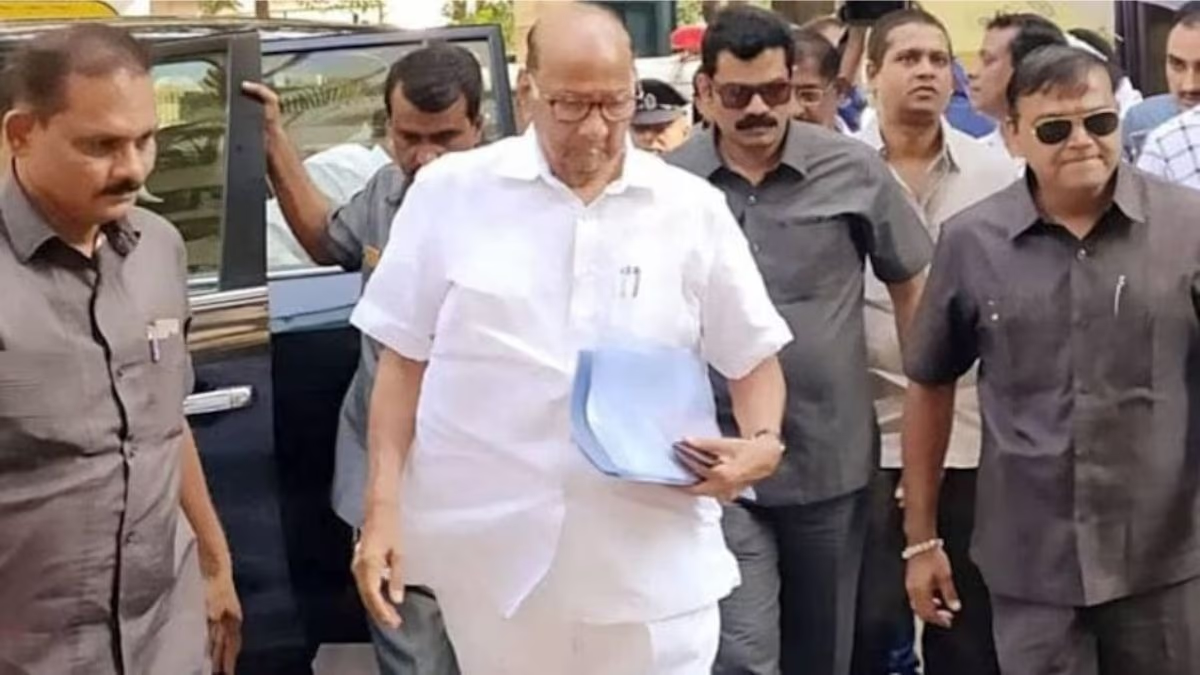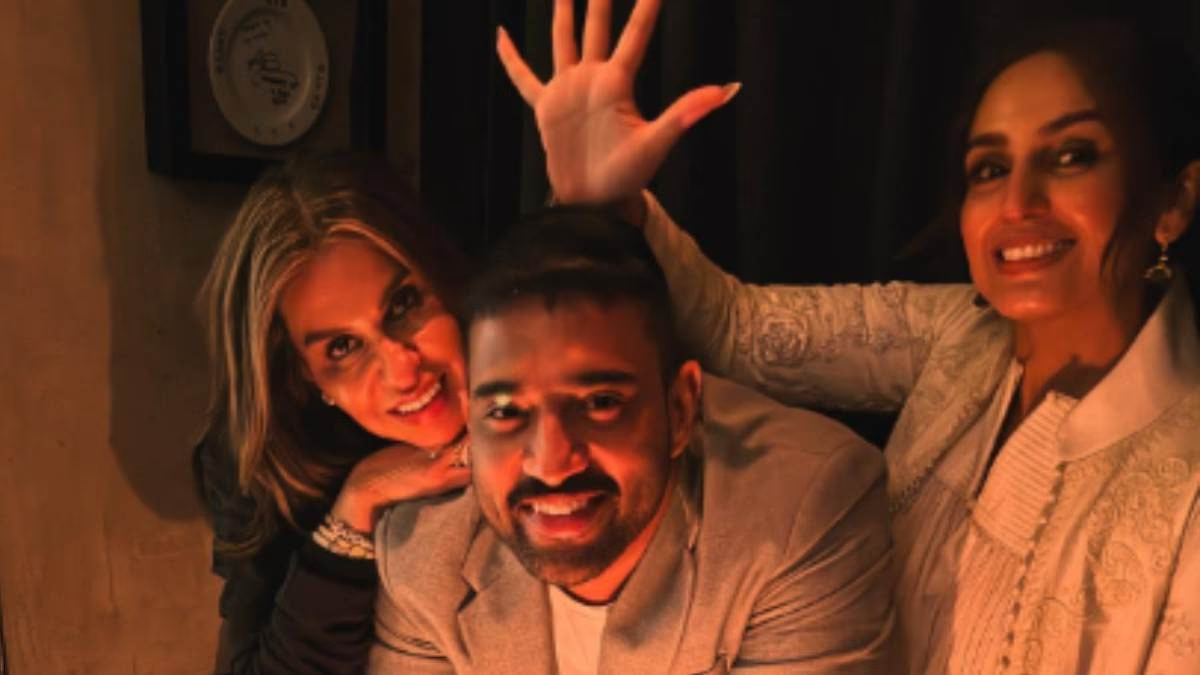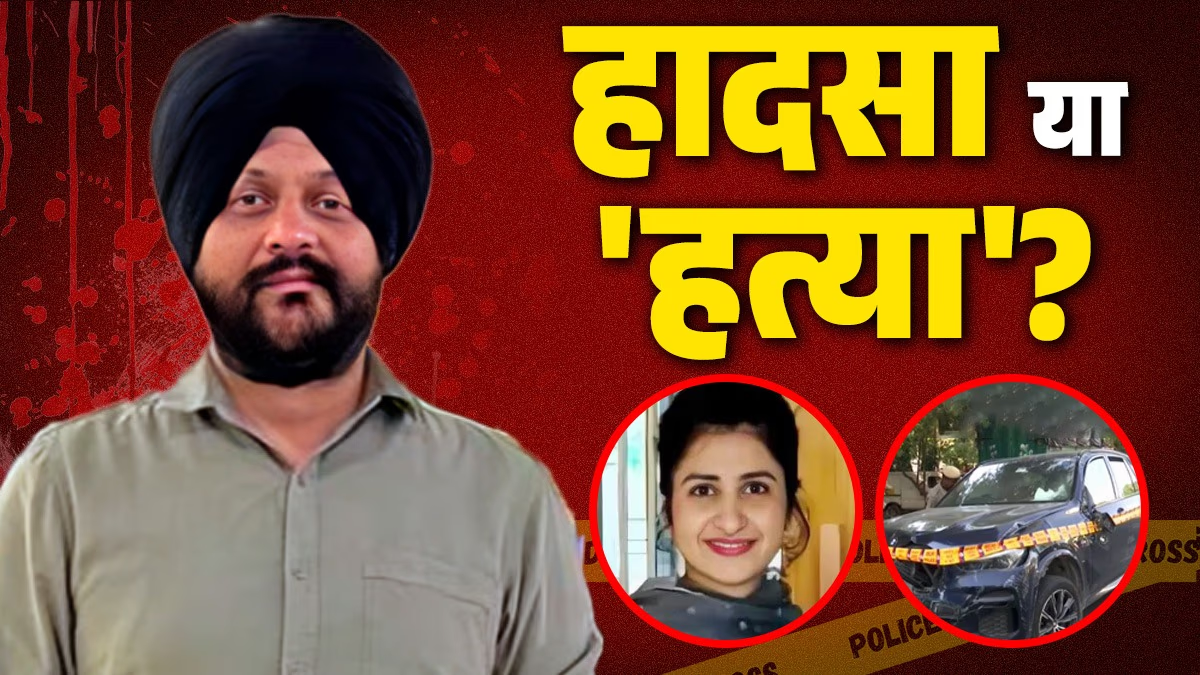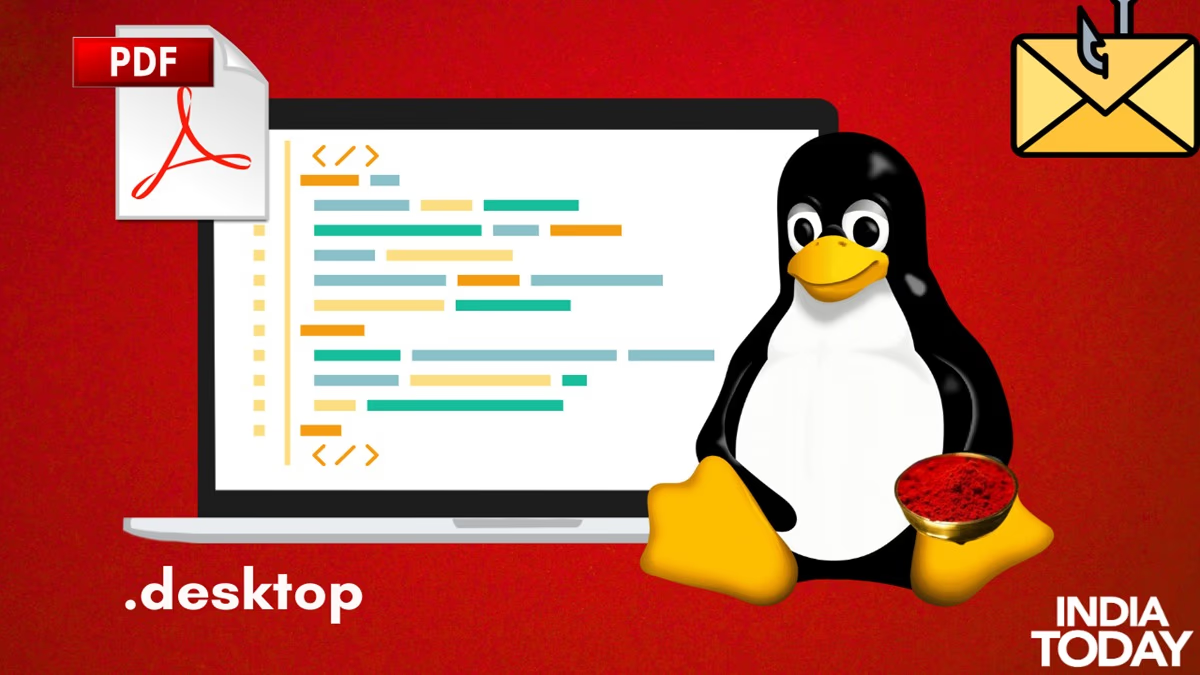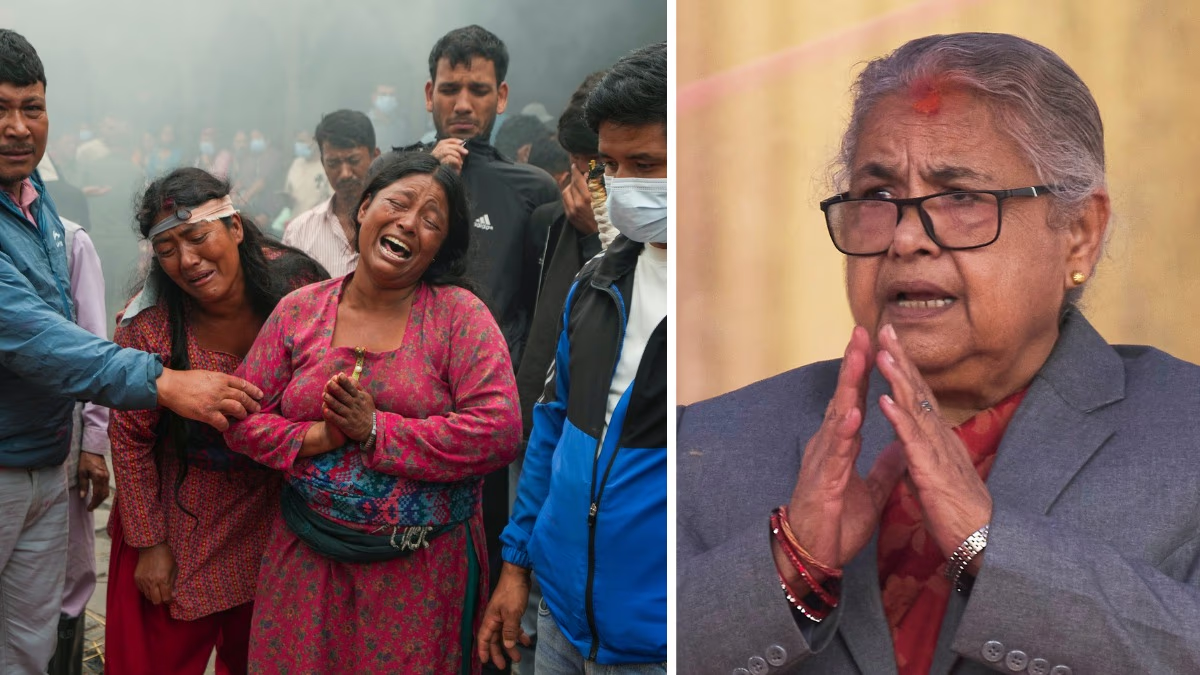Veteran Maharashtra leader Sharad Pawar has been granted Z+ security by the central government following a threat assessment by central agencies. Reports mention that the assessment of potential threats prompted the recommendation for high-level armed VIP security cover for the 83-year-old former Chief Minister. Based on this, the Ministry of Home Affairs has instructed the CRPF to provide Sharad Pawar with Z+ security cover.
The growing tension between Maratha and OBC communities over the reservation issue in Maharashtra might also be a significant reason for enhancing Sharad Pawar's security. Consequently, considering his election tours during the Assembly elections, the central government has increased his security.
There’s no denying that this move, coming right before the Assembly elections, points towards its political implications, even if the reasons behind it are straightforward. It is evident that this step by the central government will have a political impact.
The Role of Sharad Pawar Post-Elections?
Politics often has deeper meanings than what appears on the surface. Many steps are taken with long-term outcomes in mind, regardless of immediate benefits or losses.
Five years ago, in 2019, by forming the Mahavikas Aghadi government separate from the BJP, Sharad Pawar proved that he calls the shots in Maharashtra politics. The Lok Sabha election results also indicate that despite losing almost everything, he remains the actual ring-master of Maharashtra’s politics.
There are numerous examples from maintaining dominance in Baramati to winning in Satara. Regardless of the efforts to weaken Sharad Pawar, they have consistently failed. Currently, the real NCP is not even with him, and neither is the election symbol. Until the Supreme Court delivers its verdict, the election symbol remains with Ajit Pawar's faction of the NCP. The Election Commission does not recognize Sharad Pawar's faction as the legitimate NCP.
Consider this, preparations were made to uproot Sharad Pawar even from Baramati. Now even Ajit Pawar admits that fielding his wife Supriya Sule against his sister Sunetra Pawar was their mistake - but did it affect Sharad Pawar’s political health?
Moreover, after already beating cancer with his willpower, demonstrating power in politics comes naturally to him – it’s no wonder discussions about Pawar's power politics are so prevalent in Maharashtra.
Looking at 2019, Sharad Pawar again plays a kingmaker role in the Mahavikas Aghadi. If Assembly election results mirror those of the Lok Sabha, Sharad Pawar will decide who becomes the king and who doesn’t.
Sharad Pawar has clearly stated that he no longer desires any post. The Prime Ministerial position is now his only significant aim. Having already served as Chief Minister and Union Minister, he now believes it’s the government's responsibility to ensure the king’s protection, whoever that may be.
From his stance so far, the NCP leader seems to advocate for change in Maharashtra. They are trying to assure people that a shift in power is anticipated post-elections. However, these are all potential scenarios, much like 'this time, 400 plus'.
Recalling the period between the BJP and Shiv Sena alliance breakdown and the formation of the Mahavikas Aghadi government in 2019, many discussions floated around. It was even rumored that the BJP and NCP were considering forming a government, but both parties could not agree on the conditions, leaving the mission incomplete.
Former Chief Minister Devendra Fadnavis had also hinted at this. Fadnavis claimed that when he became Chief Minister for 72 hours with Ajit Pawar as Deputy CM, Sharad Pawar was aware of all the developments. However, Pawar's denial of these claims was never satisfactory.
This indicates that the game of possibilities continues both before and after the elections - Sharad Pawar’s importance remains intact. It remains to be seen who capitalizes on his influence and whom he leverages.
Like a Political Statement
Steps like these by the Sangh and the BJP often aim to induce doubt. Such actions have no direct or serious impact but send out a message. Discussions and speculations start, creating at least a light narrative, which is often enough.
Disturbing the opposition for a brief period can be beneficial. If the rival faction gets slightly disturbed, the objective is achieved.
For instance, when Prime Minister Narendra Modi praises Shashi Tharoor for something, it sparks discussions. After Tharoor’s speech at the Oxford event, talks of his proximity to the BJP started circulating. Similar instances have occurred later as well, like nominating Tharoor for the Swachh Bharat campaign.
Recall the emotional atmosphere in Parliament when Prime Minister Modi praised Ghulam Nabi Azad. Later, awarding Azad the Padma Bhushan also created a distinct discourse for a while.
We can also link the awarding of Bharat Ratna to former President Pranab Mukherjee and the invitation from the RSS to their Nagpur event. Nothing substantial was set to happen, and nothing did, but it generated discussions. His daughter Sharmistha Mukherjee even advised him publicly, expressing displeasure - but what was the impact? It was negligible.
Before the Lok Sabha elections, a similar incident occurred when Bhim Army leader Chandrashekhar Azad was also given security. Though now in Parliament, there hasn’t been a noticeable change in his public political stance.
The Z+ security given to Sharad Pawar carries a similar aspect - like a political statement. It holds inherent meanings and impacts, much like political statements do.
